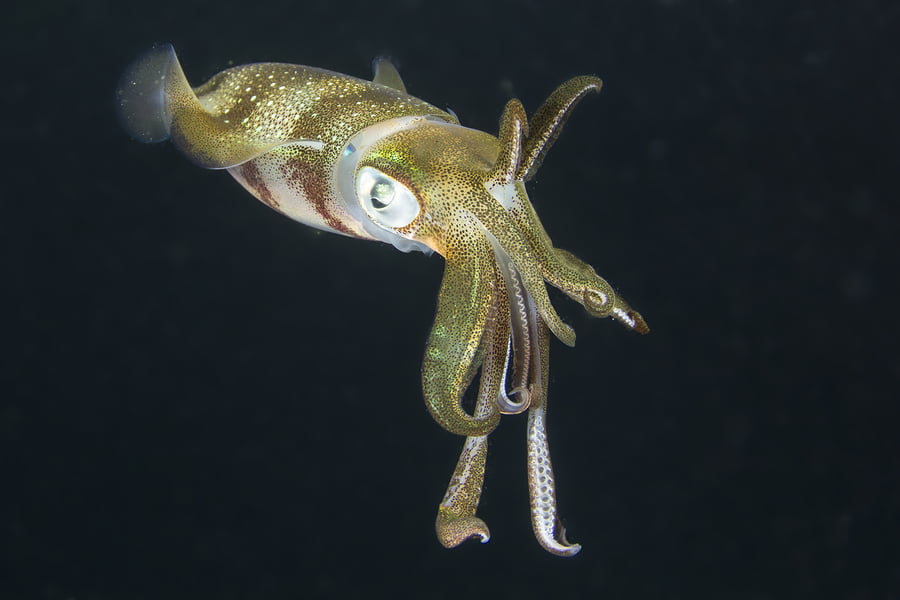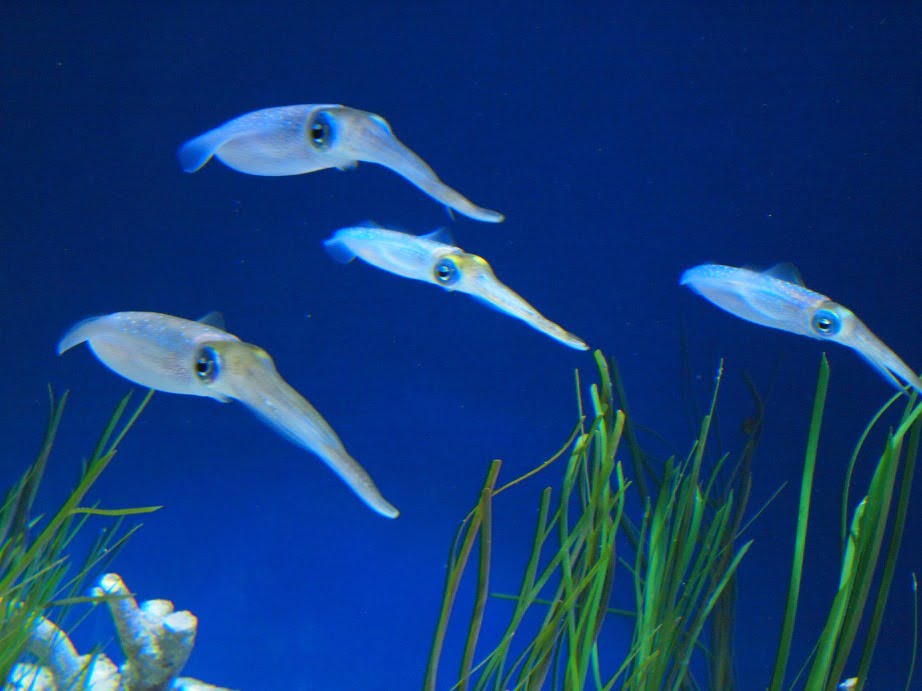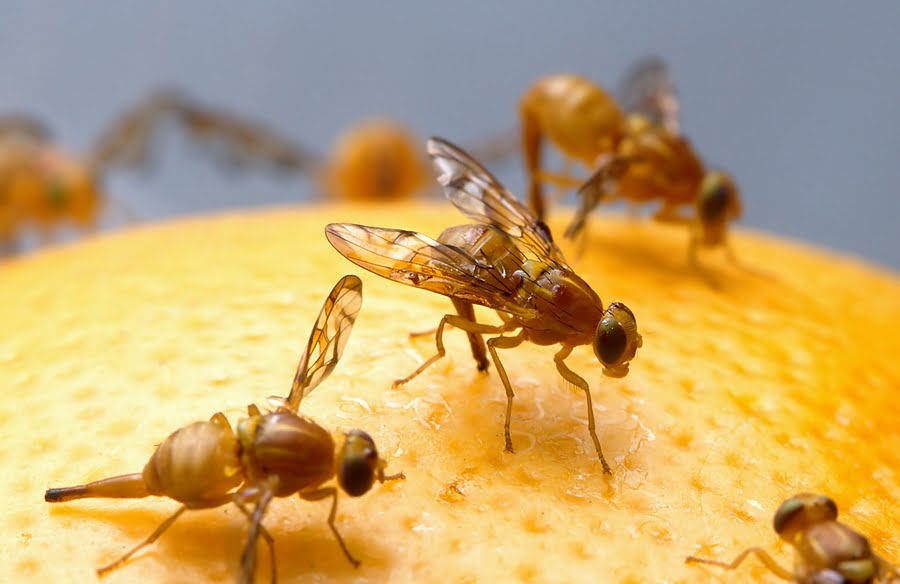While science has come up with ample evidence to support the slow, ongoing process that alters the genetic makeup of species – a process we know as Evolution – it has remained unknown whether organisms are capable of transforming themselves ad hoc to adjust to changing conditions. Now, a new study shows that squid have the ability to quickly recode and “edit” their genetic makeup to adapt to their ever-changing surroundings. This demonstration could have important implications for the treatment of human diseases.
The study, led by Tel Aviv University’s Dr. Eli Eisenberg, shows that a squid can change its own genetic makeup on the fly and modify most of its proteins, which enables it to adjust to new situations or unfamiliar surroundings. “We proved that an organism’s self-editing is a critical evolutionary and adaptive force,” Eisenberg says.
The genetic editing process learned by studying the squid has many substantial implications for humans as well. Protein recoding “has been shown to be important in neural processes, as impaired functions of this mechanism are known to cause several neural diseases, such as epilepsy, ALS and neuropsychiatric conditions such as depression and schizophrenia,” Eisenberg says. In other words, through the research of the squid, greater information and discoveries regarding various neural diseases in humans are on the horizon.
During the study, researchers looked at both DNA and RNA (which is responsible for decoding genes) from the squid. They then studied and observed differences between the RNA and DNA, and later classified these differences as edited. “It was astonishing to find that 60 percent of the squid RNA transcripts were edited,” Eisenberg says. “The fruit fly, for the sake of comparison, is thought to edit only 3 percfent of its makeup.”
SEE ALSO: Fruit Flies Inspire Scientists to Optimize Computer Networks
Sign up for our free weekly newsletter
SubscribeResponding to changing temperatures
Why do squids edit their genetic code to such an extent? “One theory is that they have an extremely complex nervous system, exhibiting behavioral sophistication unusual for invertebrates,” Eisenberg says. “They may also utilize this mechanism to respond to changing temperatures and other environmental parameters.”
The researchers plan on studying and sequencing other organisms to get a bigger picture. The team recently received a grant to further explore the subject of genetic editing specifically in octopuses. Going forward, Eisenberg says he would like to “study related animals and try to understand if squid is a rare exception or maybe represents a large class of heavily recoded organisms.”
SEE ALSO: Knot So Fast: Israeli Researchers Discover Incredible Octopus Self-Defense Mechanism
Most importantly, the squid have some mechanisms that we can learn from; further research into protein recoding could actually cure diseases in human beings. “Human diseases are often the result of ‘misfolded’ proteins, which often become toxic,” he says. “Therefore, the question of treating the misfolded proteins, likely to be generated by such an extensive recoding as exhibited in the squid cells, is very important for future therapeutic approaches.”
Photos: Bill Abbott
Related posts

Resilient And Nutritious New Plant-Based Milk Aims To Make A Splash

Chocolate From Cultivated Cocoa Comes Without Environmental Toll

Plastic Fantastic: Startup Takes PVC Back To Its Crude Oil Roots






Facebook comments